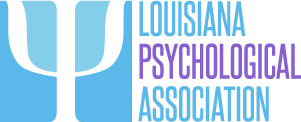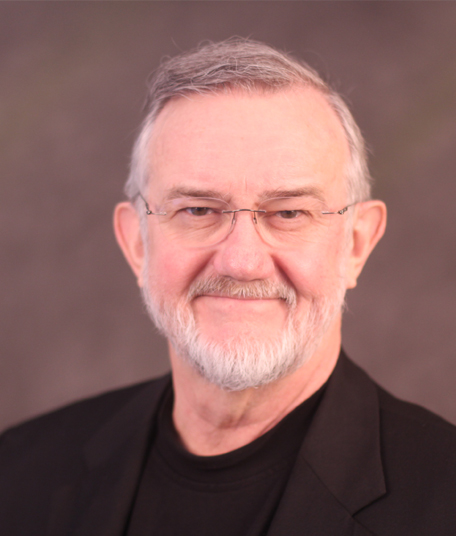Louisiana is a resilient community, but we work best when we work together. Southwest Louisiana is a community that prior to this storm was underserved in mental and behavioral health. I know that our public affairs committee will be meeting so that we can organize resources as we become aware of needs. From past experiences, we know that each disaster is unique and that it is often best to listen to impacted communities, allow them to express their needs first, then organize response with what is needed rather than making assumptions.
It has been reported that most of SARS patients had the common complaints, such as poor concentration, declined memory, and insomnia, as well as anxiety and depression symptoms, indicating cognitive impairments after SARS infection (Sheng et al., 2005a). These psychiatric morbidities might be still significant even when patients infected with SARS recovered physically…
The first three factors Roberts and Rizzo reviewed are: categories, which organize people into distinct groups; factions, which trigger ingroup loyalty and intergroup competition; and segregation, which hardens racist perceptions, preferences and beliefs. Simply put, the U.S. systematically constructs racial categories, places people inside of those categories and segregates people on the basis of those categories, the authors argue.
As you go about your days, please remember that self-care is integral to the provision of evidence-based practices of healthcare and psychology. When I say “take care,” I mean please take time to take care of yourself in these challenging circumstances. LPA is a resource to you. Reach out to LPA when the need arises. LPA is an integral part of the well-meant, often spoken phrase, “we will get through this together.” Thank you for being a part of LPA and for all that you do. Remember to Take Care.
Yesterday marked just one month since the first case of COVID-19 was confirmed in Louisiana. So much has changed in thirty days in the lives of our clients/patients and our own. I marvel at how many of my routines are now different. We are all encountering rapidly changing circumstances that have both transient and potentially […]
The Executive Council of LPA understands that our members are facing extraordinary challenges. Psychologists all over the world are meeting the stresses and mental health demands presented by COVID-19, while exercising self-care. With so much uncertainty, accurate information is vital. I want you to know that LPA is active in clarifying concerns of our members […]
Have you heard? Nancy Pelosi diverted Social Security money to fund the impeachment inquiry. President Trump’s father was a member of the KKK. Far-fetched as those statements sound, they were among the most shared fake news stories on Facebook in 2019, according to a report by the nonprofit organization Avaaz, which concluded that political fake news garnered more than 150 million views in 2019.
Fear about the coronavirus has gripped the world. While nearly all cases have been in China, that has not stopped people in other countries from worrying. This new illness certainly is frightening and needs attention, but it’s important to note that far more people die from an illness that’s all too familiar — the seasonal flu. Why are we so afraid of this novel coronavirus when we are much more likely to catch the flu?
The Bullying Awareness and Treatment Task Force was created by House Resolution No. 208 in the 2017 regular legislative session, and authored by Representative Barbara Norton. HR 208 directs the purpose of the task force members to make a thorough study of bullying prevention strategies to develop a Louisiana Bullying Awareness and Treatment Plan which provides, at a minimum, recommendations regarding: Positive reforms to prevent bullying; Counseling and other treatment services for youths who are victims of bullying as well as youths who are involved in bullying; Best practices for establishing a safe and healthy environment for all children to learn, grow, and develop.
Efforts to recruit diverse students into psychology look promising: The percentage of racial- and ethnic minority psychology graduate students grew from 27% in the 2006–07 academic year to 35% in 2016–17, with increases for every ethnic-minority category tracked, according to a new analysis of data from APA’s annual Graduate Study in Psychology survey of psychology graduate programs. The largest increases were for students who identified as Hispanic or multiethnic, and master’s students were slightly more diverse than doctoral students.
A key aspect behind why MDMA is demonstrating effectiveness for the management and treatment of PTSD in a clinical setting, is its apparent ability to assist patients to be more expressive during a controlled psychotherapy session. MDMA appears to reduce anxiety associated with recalling traumatic experiences allowing for increased insight and memory. Negative memories are perceived as less negative allowing for the therapist and the patient to engage in productive therapeutic sessions without the patient becoming hyper-aroused due to stress.
Last month the Association of State and Provincial Psychology Boards (ASPPB) quietly posted a message that the new Part 2 of the national licensing exam will officially launch on January 1, 2020. ASPPB officials first announced the new test, the EPPP-2, in 2017 as optional for its member jurisdictions. Then as resistance mounted, ASPPB’s Board of Directors decided that they would combine parts and make the entire exam mandatory, this coupled with a 100% fee increase.

